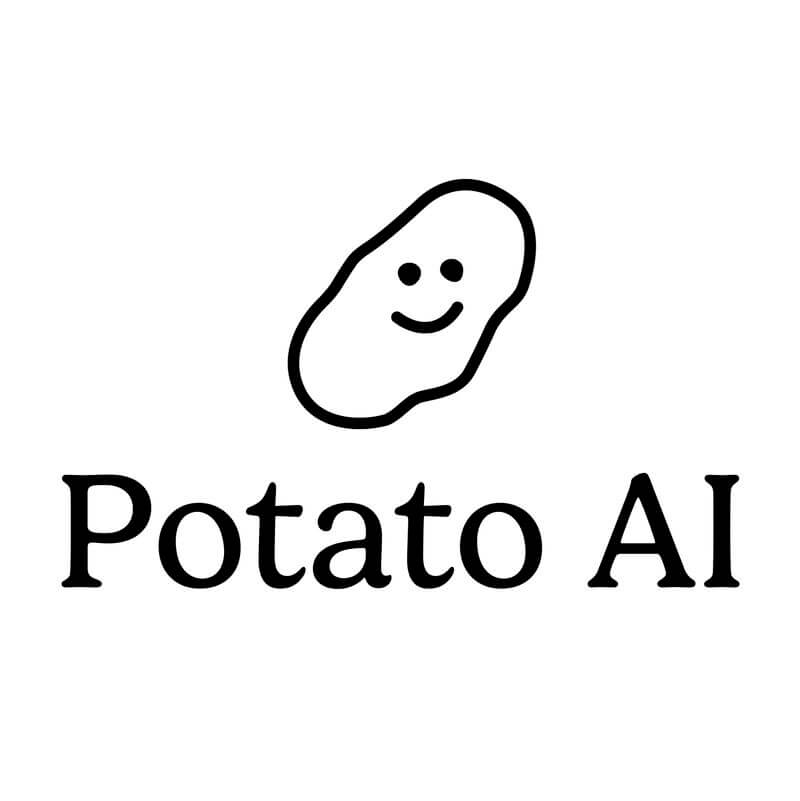A Seattle-based startup, aptly named Potato, has garnered significant attention in the scientific community by securing $4.5 million in funding. This investment will fuel Potato's mission to revolutionize scientific research through the integration of artificial intelligence (AI)-powered automation and robotics. The company's innovative approach aims to streamline the experimental process, making research faster, cheaper, and more reproducible.
Founded in 2023 by Nick Edwards, a neuroscientist, and Ryan Kosai, a seasoned technologist, Potato is developing agent-driven systems to support a closed-loop model of scientific exploration. This model encompasses every stage of research, from generating hypotheses to executing experiments and analyzing results. The startup's name, a playful nod to the classic potato battery experiment, reflects its commitment to building complex tools from simple foundations.
Potato's existing platform functions as an AI research assistant, capable of performing a variety of tasks that traditionally consume significant time and effort for scientists. These tasks include generating research hypotheses, optimizing experimental protocols, summarizing vast amounts of scientific literature, critically reviewing journal articles, and even drafting manuscripts for publication. The AI assistant leverages chat-based, generative AI tools built upon large language models (LLMs). These models are further refined using retrieval-augmented generation (RAG), a technique that improves the accuracy of results by incorporating relevant scientific literature. Potato has established a partnership with Wiley, a leading academic publishing house, to integrate content from its extensive catalog of peer-reviewed publications. The platform also draws on open-source databases and ontologies to enhance its knowledge base.
Beyond its current capabilities, Potato is actively developing robotic capabilities for laboratory bench work. This involves collaborating with Ginkgo Automation, a robotics company, to create systems that can autonomously execute experiments. The ultimate goal, according to Edwards, is to achieve a fully autonomous research cycle, where AI agents plan, run, and interpret experiments with scientists remaining in the loop to oversee the process. This vision of "runaway knowledge production" promises to accelerate the pace of scientific discovery significantly.
The potential impact of Potato's technology extends beyond mere efficiency gains. Reproducibility, a major challenge in scientific research, is central to the company's mission. By automating experiments and standardizing protocols, Potato aims to minimize human error and ensure that research findings are reliable and replicable. The platform also includes features such as automated review of uploaded papers, highlighting methods, evaluating controls, and suggesting follow-up experiments, contributing to increased rigor in research.
Potato's technology is already being used in labs at biotech companies and universities, including the University of Washington, Stanford, Harvard, and MIT. By lowering the cost of discovery and expanding access to underexplored scientific questions, Potato hopes to democratize research and foster innovation across a wide range of fields, from rare diseases to materials chemistry. With its recent funding and strategic partnerships, Potato is poised to transform the landscape of scientific research, ushering in an era of AI-powered automation and accelerated discovery. Draper Associates led the seed round, with participation from Dolby Family Ventures and others. Potato previously raised $1M in a pre-seed round.

















